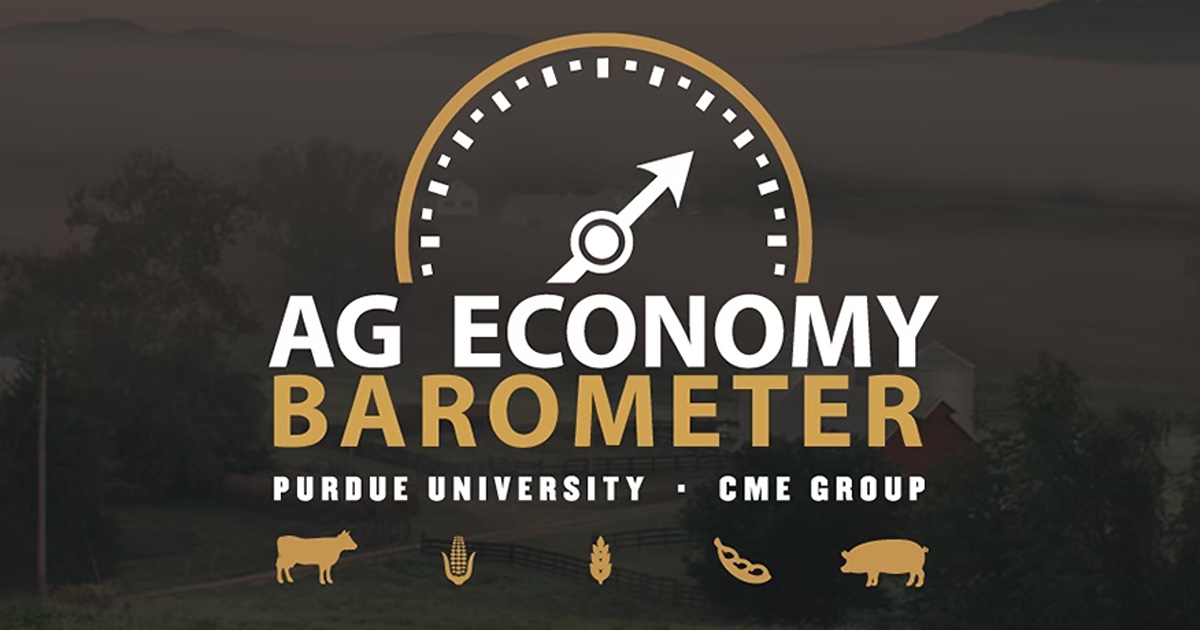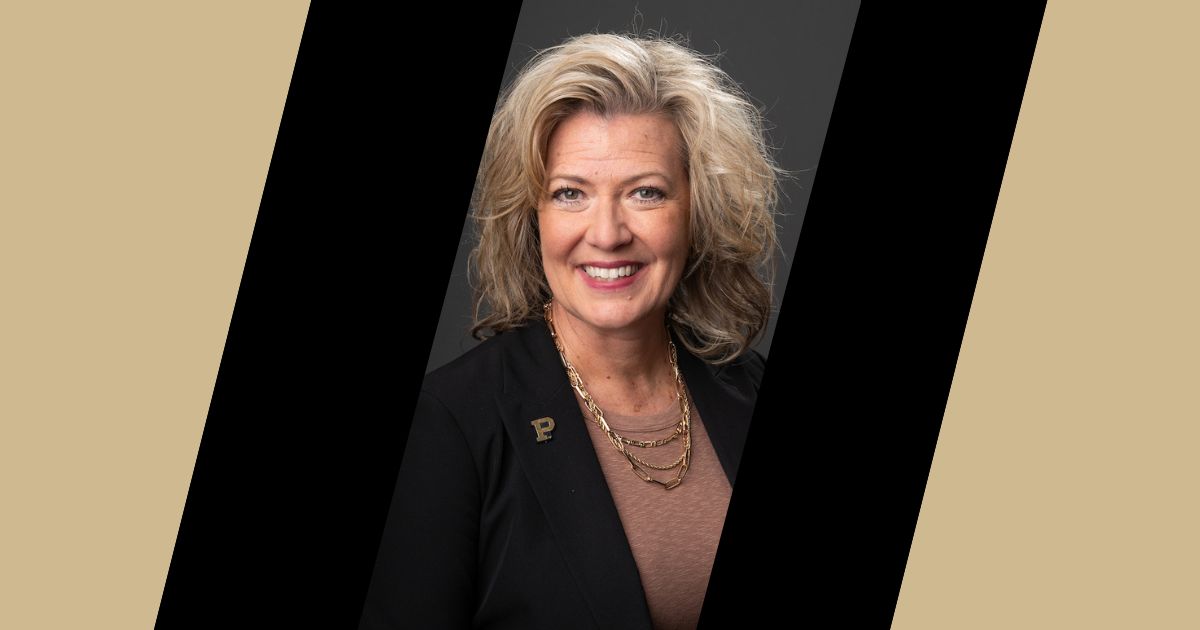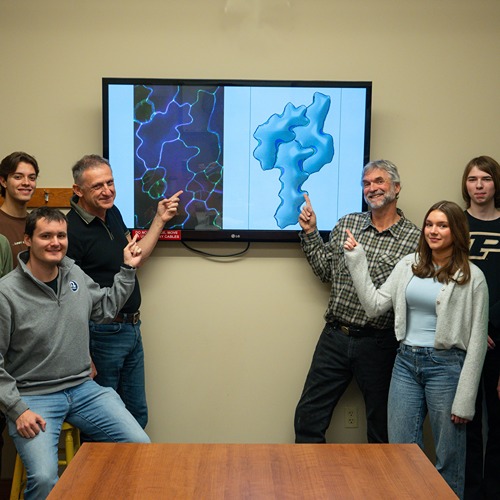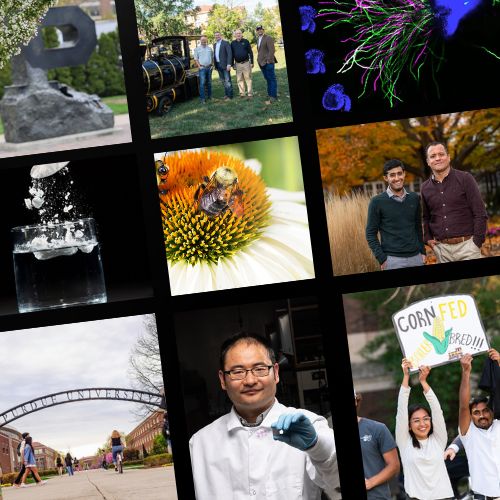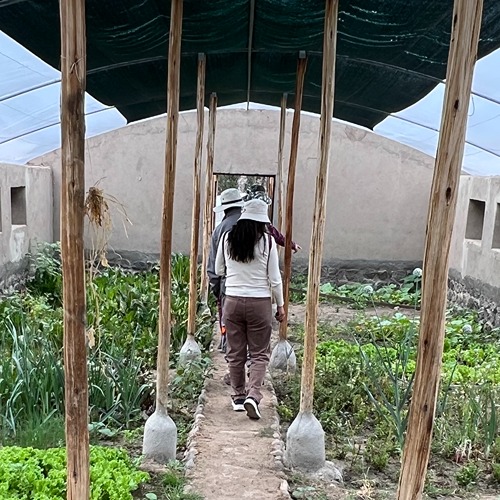Agricultural Research and Graduate Education
Purdue Agriculture is known around the world for groundbreaking multidisciplinary research that addresses society’s most pressing challenges. Agricultural Research and Graduate Education connects researchers with opportunity to enable world-changing discoveries in agriculture and life sciences.
Agricultural Administration Building, Room 126
615 West State Street
West Lafayette, IN 47907
765-494-8362
agresearch@purdue.edu
Graduate Spotlight
Graduate Spotlight

Growing up in Bloomington, Kendall Cottingham was certain that she liked science and was a people person. She figured she’d be a doctor, preferably the kind that doesn’t deal with much blood (she’s a bit squeamish). But while...
Read MorePostdoctoral Scholar Feature
Postdoctoral Scholar Feature
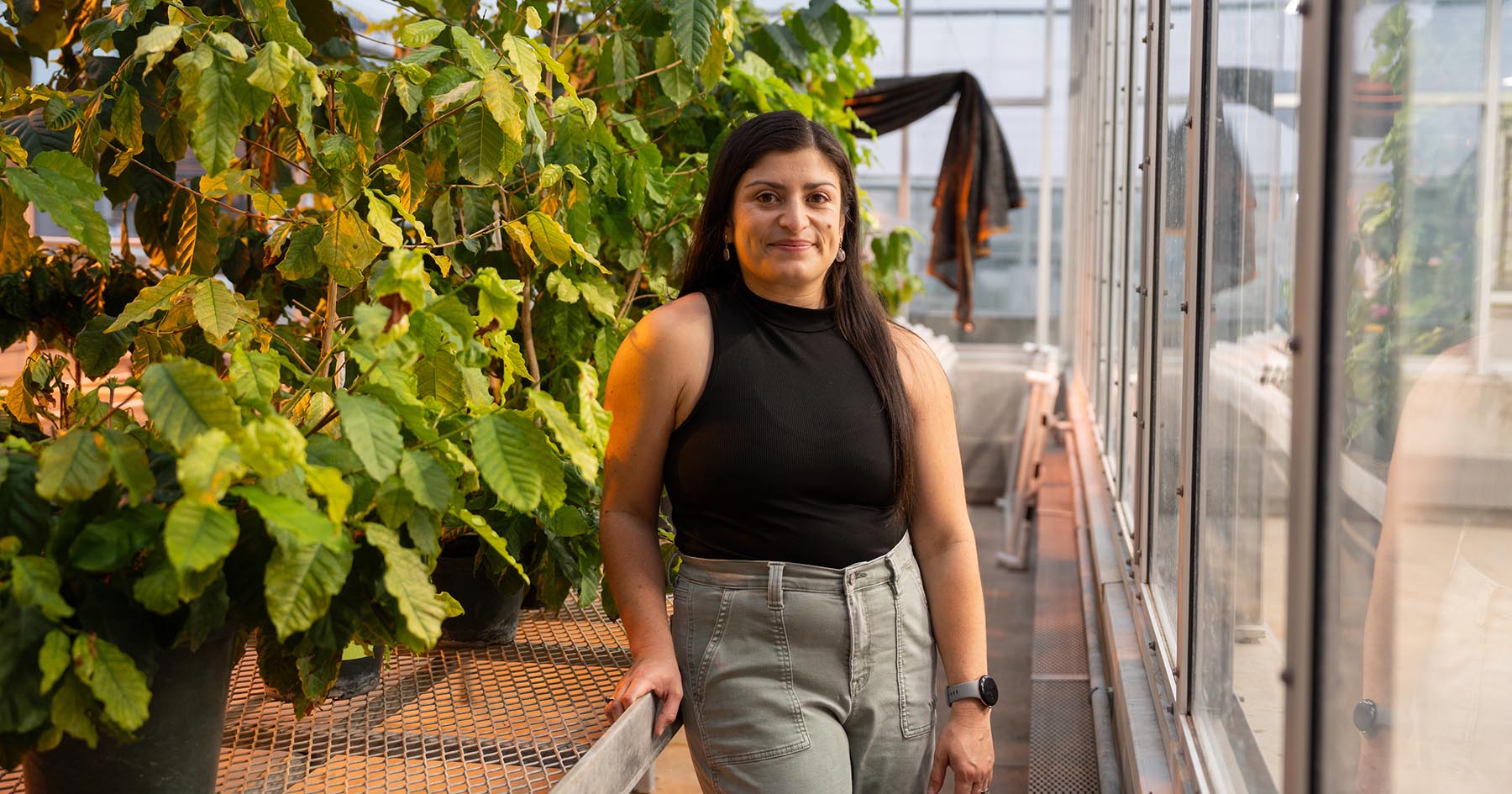
Terry Torres Cruz’s path to mycology — the study of fungi — has been guided by lots of curiosity and a little bit of fate. Growing up in rural Costa Rica, Torres Cruz wasn’t sure what she wanted to study. “I...
Read MoreBehind the Research
Behind the Research
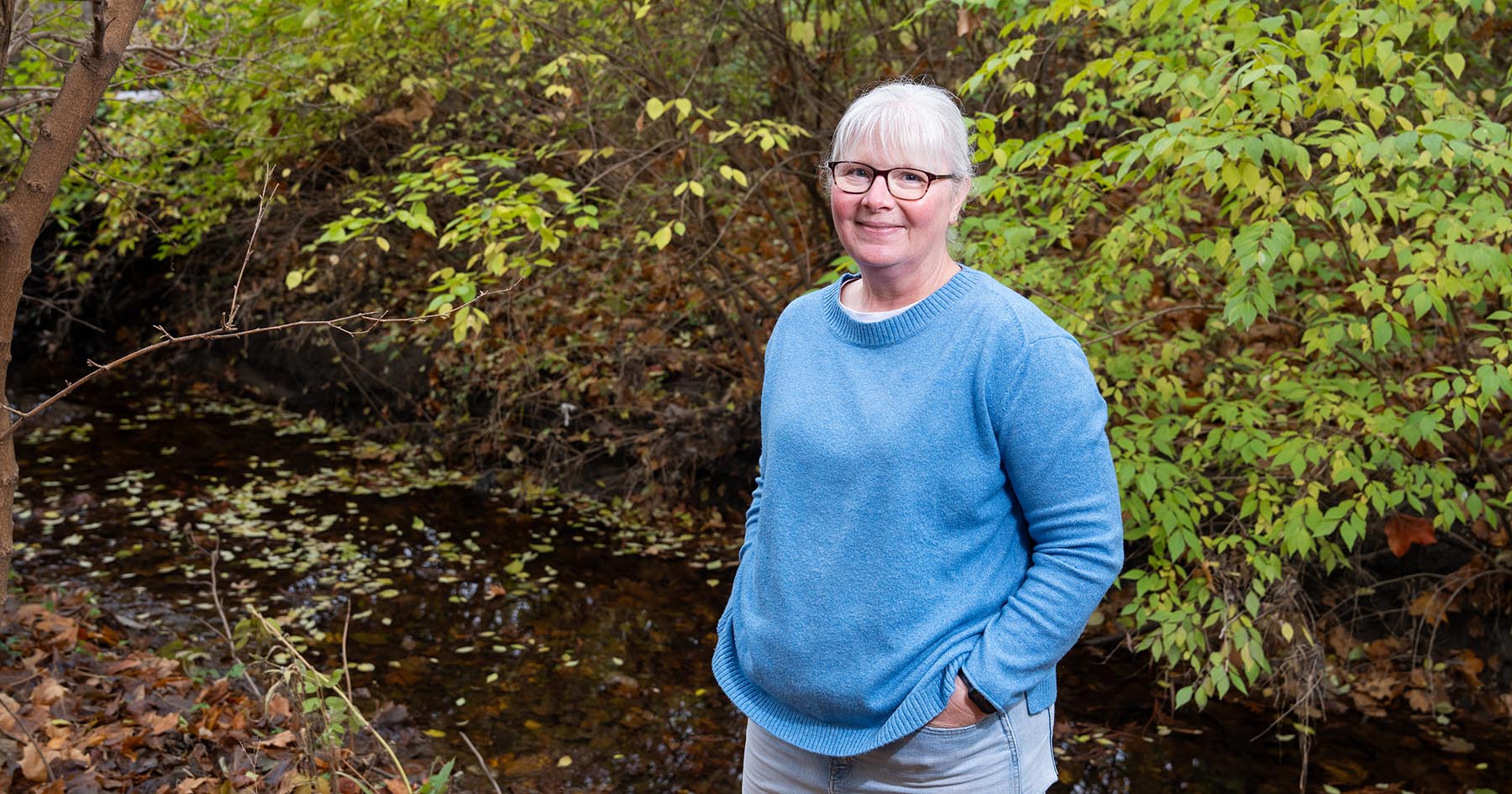
Many people are involved in the remarkable range of programs, services and facilities that undergird research in the College of Agriculture. Collectively they’re integral to the college fulfilling its research mission. “Behind the...
Read MoreElements
Elements is a new faculty reporting tool for all West Lafayette campus for administering annual reviews. It is led by the Provost’s office, managed by Institutional Data Analytics + Assessment (IDA+A), and shared across all colleges and schools.
Elements
INSTITUTE FOR PLANT SCIENCES
Purdue’s bold investments in plant sciences have made it a global leader, transforming agriculture in Indiana and beyond.
Learn More
Purdue On the Farm
Purdue On The Farm strengthens ties between Purdue researchers and Indiana farmers through direct, hands-on engagement.
Learn MoreAG NEWS


